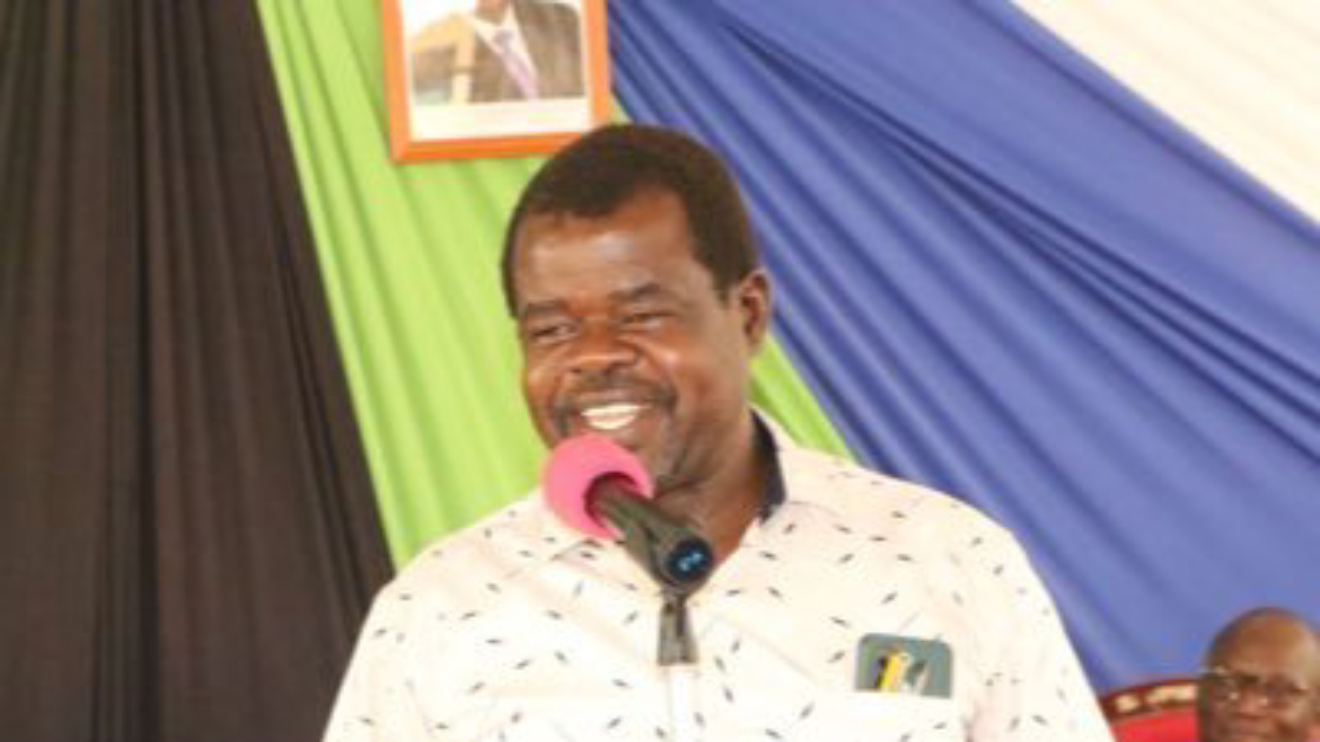The High Court has made a decisive ruling in the ongoing legal battle over the Finance Act 2023, as an application to cross-examine National Assembly Speaker Moses Wetangula and his Senate counterpart Amason Kingi on their affidavits has been rejected.
The application, brought forth by Busia Senator Okiya Omtatah, aimed to challenge the legality of the new tax measures, asserting that the bill did not undergo the necessary Senate scrutiny for laws pertaining to counties.
At the heart of the controversy, is the question of concurrence between the two legislative bodies.
Wetangula and Kingi, in separate sworn affidavits, maintained that there was indeed concurrence on the matter.
Their assertions have become a focal point in the legal discourse surrounding the Finance Act 2023.
Read More
Omtatah, in his petition, specifically targeted the Housing Levy provision, contending that its implementation fell under the jurisdiction of devolved functions.
He argued that the bill should have been subjected to thorough discussion by Senators before being enacted.
Eliud Matindi, the second petitioner in the case, also sought to have Wetang'ula cross-examined on the same grounds.
This additional layer of inquiry underscores the significance of the legal dispute, as the nation awaits the court's final judgment on the matter.
However, the legal teams representing Wetangula and Kingi vehemently opposed the application, asserting that their clients' sworn affidavits were rooted in factual accuracy and substantiated by compelling evidence.
This contention raises the stakes of the legal battle, pitting the credibility of the legislators' testimony against the claims made by the petitioners.









 shares a light moment with the company's Group CEO Dr Patrick Tumbo (right) at a past event-1758121528.jpeg)
-1758116028.jpeg)

